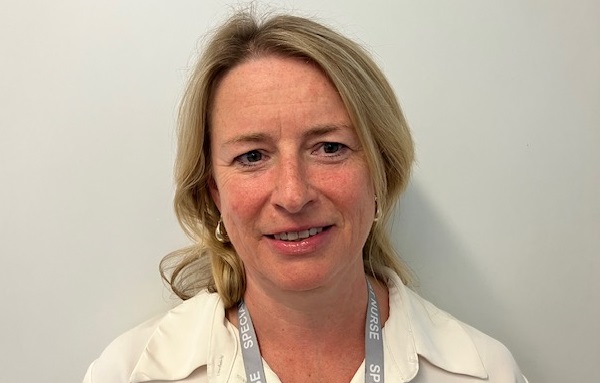Tomorrow (28 July) is World Hepatitis Day, drawing attention to hepatitis and the effect it can have on those infected.
Did you know?
- There are 354 million people living with hepatitis B or C globally.
- 90% of people living with viral hepatitis are unaware that they have it.
- Globally 3,000 people die each day from liver disease caused by viral hepatitis.
Hepatitis is a disease that causes inflammation to the liver, affecting how it functions. The liver processes nutrients, filters blood and fights infection. The main cause of hepatitis is a viral infection.
There are several types of hepatitis. Some people will recover without serious problems, but it can become chronic, causing scarring of the liver, loss of liver function and in some cases, liver cancer.
- Hepatitis A – viral, caused when food and drink is contaminated with poo from an infected person: uncommon in the UK.
- Hepatitis B – viral, spread by the blood and other bodily fluids of those infected.
- Hepatitis C – viral, spread blood to blood, most commonly by sharing needles used to inject drugs, or thorough contaminated blood transfusions or contaminated tattooing or medical equipment.
- Hepatitis D – viral. Hepatitis D develops if the person already has hepatitis B. It is spread through blood and sexual contact.
- Hepatitis E – viral, most common of the acute hepatitis in the UK. Associated with the consumption of raw or undercooked meat and shellfish. Generally mild and short term.
- Alcoholic hepatitis, caused by excessive alcohol consumption.
- Autoimmune hepatitis which is rare and where the immune system attacks and damages the liver.
The NHS is committed to eliminating hepatitis C as a major public health issue in England, ahead of the World Health Organisation’s goal to eliminate viral hepatitis as a public health threat by 2030. While significant progress is being made to reduce the number of people with hepatitis C, more needs to be done to prevent new infections and reinfections.
Many people across England may have hepatitis C without knowing. Sharing toothbrushes, shaving equipment, getting tattoos abroad, having unprotected sexual intercourse and injecting drugs are just some of the ways people can contract hepatitis C. To reach the goal of eliminating hepatitis C more people need to be tested.
In April, a free hepatitis C testing portal was launched. If you are over the age of 18 you can order a free and confidential home test for hepatitis C. This is an at home, self-sample test taking a few drops of blood from your finger. If found positive for hepatitis C, you can be treated and cured.

Marie Francis, Clinical Nurse Specialist for Hepatology
Marie Francis, Clinical Nurse Specialist for Hepatology, spoke to us about hepatitis and the events taking place for World Hepatitis Day.
“As hepatitis C is often caught by sharing needles, we work closely with organisations that provide services to people who inject drugs, such as Change Grow Live and other local services. We visit local facilities and offer support, in the form of testing and access to treatment. We have two nurses and an outreach worker from the Hepatitis C Trust working across Eastbourne, Hastings and Rye. We have four clinics through the week at Eastbourne District General Hospital and Conquest Hospital along with the community clinics. We are very flexible and can respond very quickly to people who contact us directly.”
If you or someone you know needs to be referred or triaged, contact Marie at marie.francis3@nhs.net or on 07825112427, or email uhsussex.viralhepatitisteam@nhs.net or call 01273 664541.
“We also do outreach clinics in homeless centres such as Seaview in St Leonards and Safe Haven women’s and men’s centres in Hastings,” continues Marie. “We also visit probation services and hostels. In Eastbourne, we visit the Matthew 25 Mission and Salvation Army services, where some of our vulnerable service users might be.
“This week we have been at Lift House in Eastbourne and Thrift House in Hastings, offering advice and treatment for those infected with hep B and C, and next month we are due to start a mobile clinic which will allow us to run clinics in areas not already covered by existing services, particularly in rural areas. We offer testing for hepatitis B, C and HIV, and we can also do fibroscans, a type of ultrasound to measure inflammation in your liver, in our mobile clinic.”
